Iran ‘likely’ to extend missile range; response to Israel ‘certain’: Senior diplomat
The head of Iran's Strategic Council on Foreign Relations says the Islamic Republic will likely increase the range of its missiles, warning that the country can change its entire military doctrine, if it faces an existential threat.
“If the Islamic Republic of Iran faces an existential threat, we will inevitably change the policy of our military doctrine,” Kamal Kharrazi said in an interview with Lebanon’s al-Mayadeen television.
He stressed that Iran is capable of producing nuclear weapons, but what prevents it is the fatwa (religious decree) issued by Leader of the Islamic Revolution Ayatollah Seyyed Ali Khamenei against weapons of mass destruction.
“We now have the necessary capability to produce [nuclear] weapons, and the only obstacle is the Leader’s fatwa that prohibits the production of nuclear weapons.”
Regarding the range of Iran’s missiles, Kharrazi said, “We have so far considered the Westerners’ sensitivity, particularly the Europeans’. But when they don’t consider our sensitivities, especially regarding the issue of the territorial integrity of the Islamic Republic of Iran, there is no reason for us to continue to consider their sensitivities.”
“Therefore, there is a possibility that the range of Iran’s missiles will increase.”
Commenting on Israel’s recent deadly strikes on military sites in Iran, Kharrazi said the country “will definitely respond at the right time and in the right way.”
He reiterated that Iran is not interested in the expansion of the war into the entire region, but stressed that, “We are ready for a war.”
Noting that Israel has made “miscalculations” since it waged aggressions on Gaza and Lebanon, Kharrazi said, “They thought they could destroy Hamas and Hezbollah by attacking Gaza and Lebanon. They thought that with the martyrdom of the leaders of Hamas and Hezbollah, these popular movements would collapse. These were their miscalculations. In Israel itself, many admit these miscalculations.”
Since early October 2023, Israel has been waging brutal two-front aggression that has killed more than 43,259 people in the Gaza Strip and at least 2,867 others in Lebanon so far.
Over the same period, the usurping regime has also assassinated several resistance leaders, including Hamas’s political bureau chief Ismail Haniyeh and Hezbollah Secretary General Sayyed Hassan Nasrallah.
In support of Palestinians in Gaza, resistance groups have launched retaliatory attacks on Israeli targets and vowed to keep fighting until the Gaza onslaught ends.
In response to Israel’s barbaric acts of assassination against the resistance front’s top leaders, Iran carried out Operation True Promise 2 earlier last month.
Iran has said it is resolved to respond to the recent Israeli act of aggression against the country and will not abandon its rights.
From Iraq to Gaza: The great disconnect between British people and rulers
Syria condemns Israel's killing of 36 in 'horrific' strike on Palmyra
Iran rejects UN human rights resolution as politically-motivated, unjustified
US Senate rejects bids to halt military sales to Israel
US veto of Gaza resolution 'license' for more Israeli crimes: Tehran
Iran urges IAEA Governors Board to oppose E3’s anti-Iran resolution
Nov. 20: ‘Axis of Resistance’ operations against Israeli occupation
VIDEO | Iran celebrates National Hero Day, honoring Martyr Qassem Soleimani


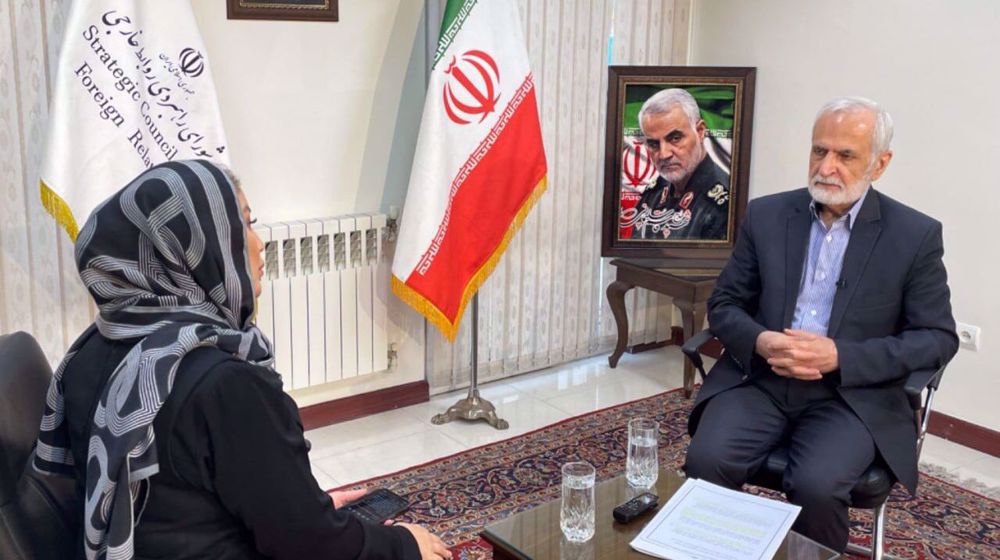
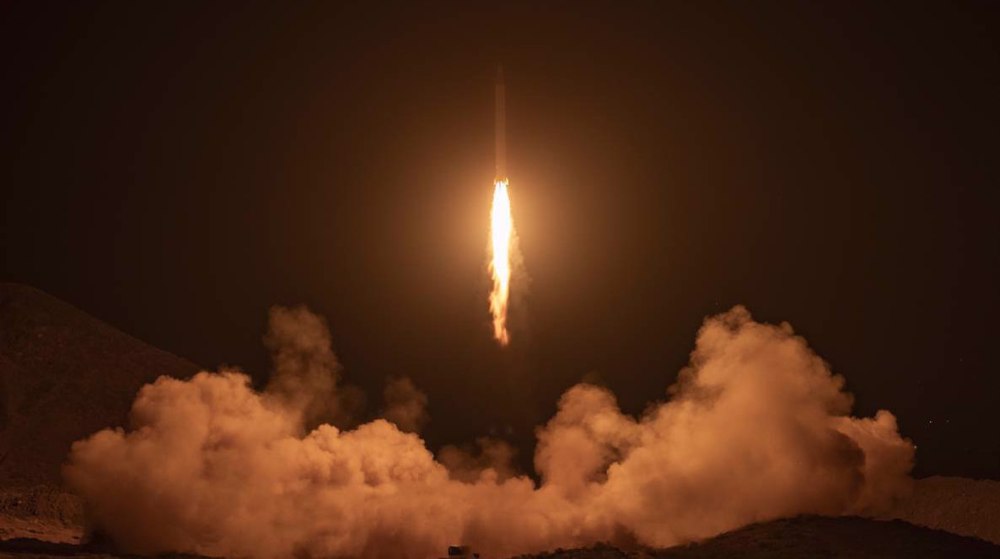

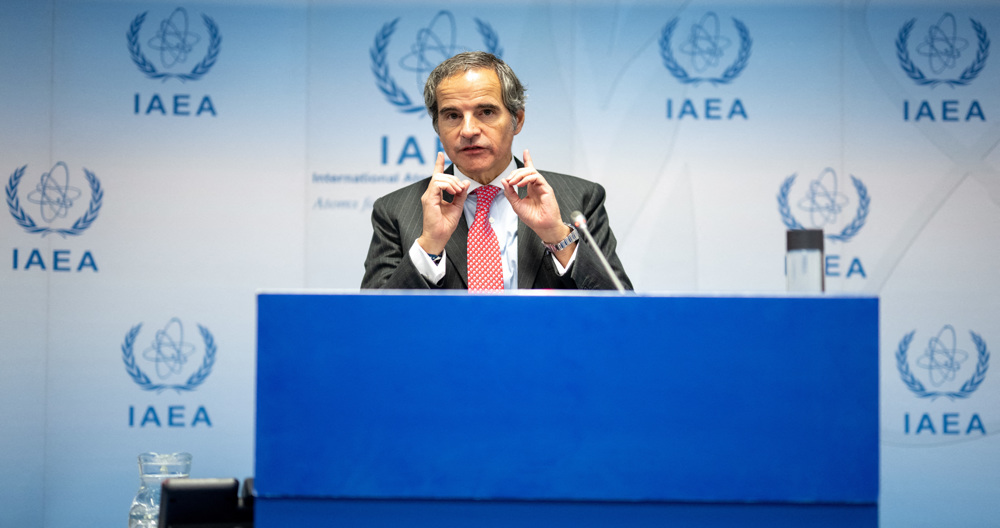
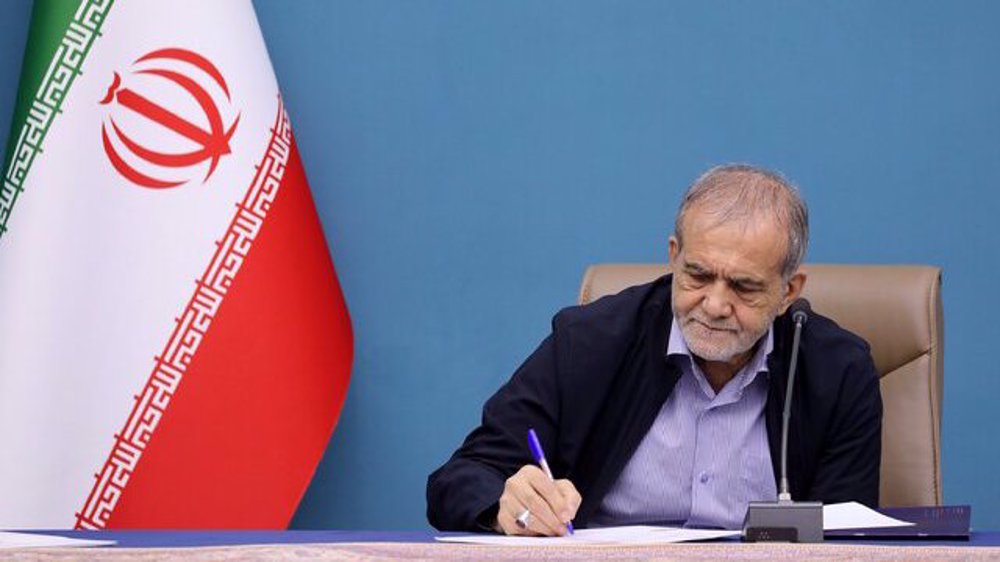



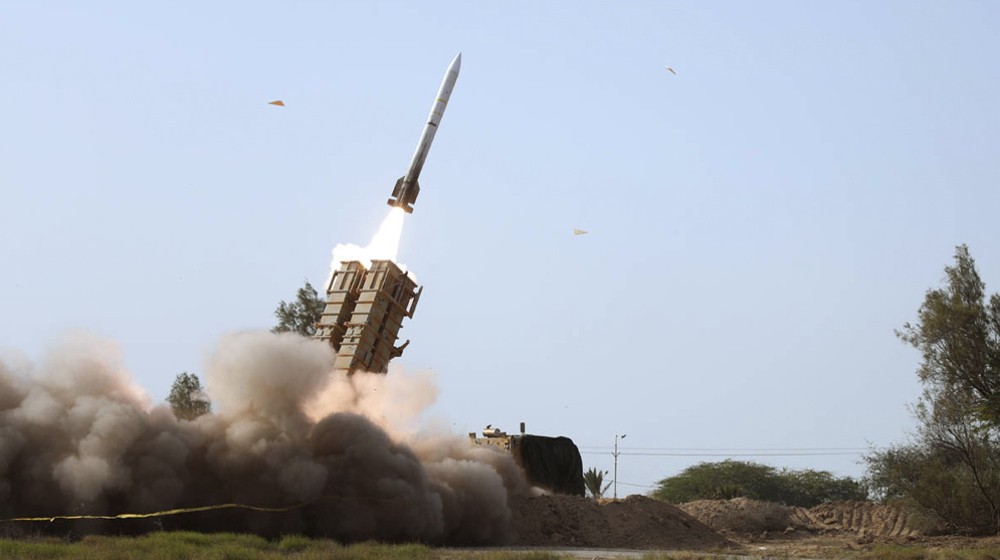
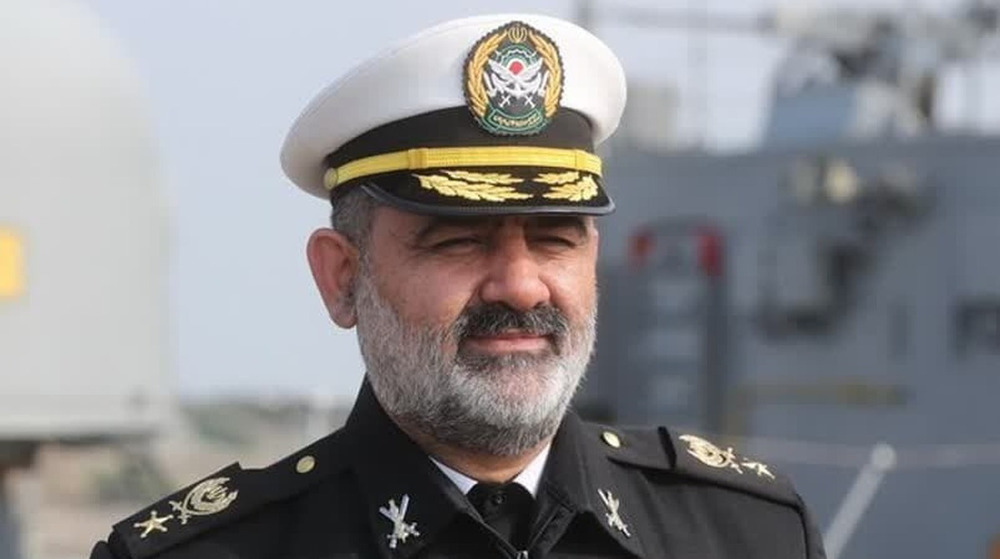
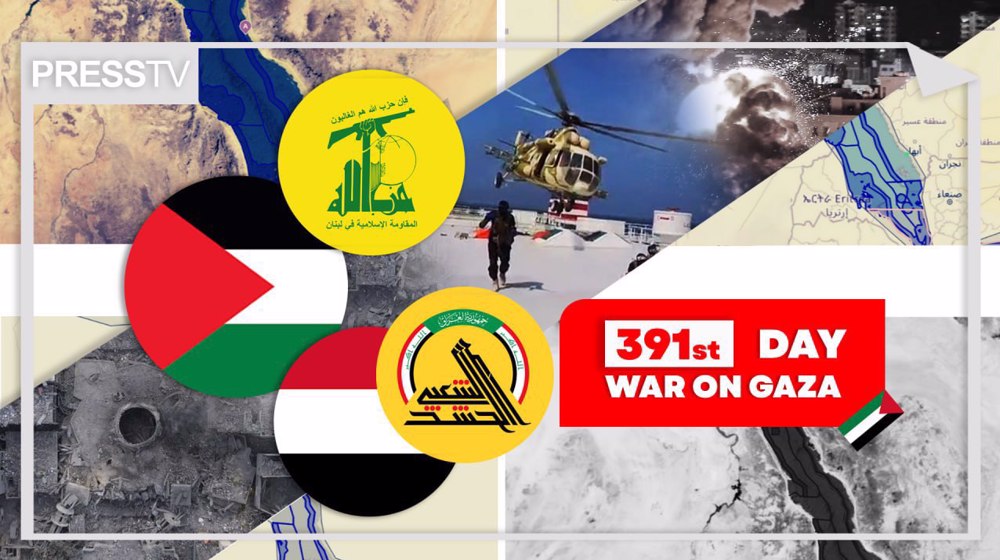
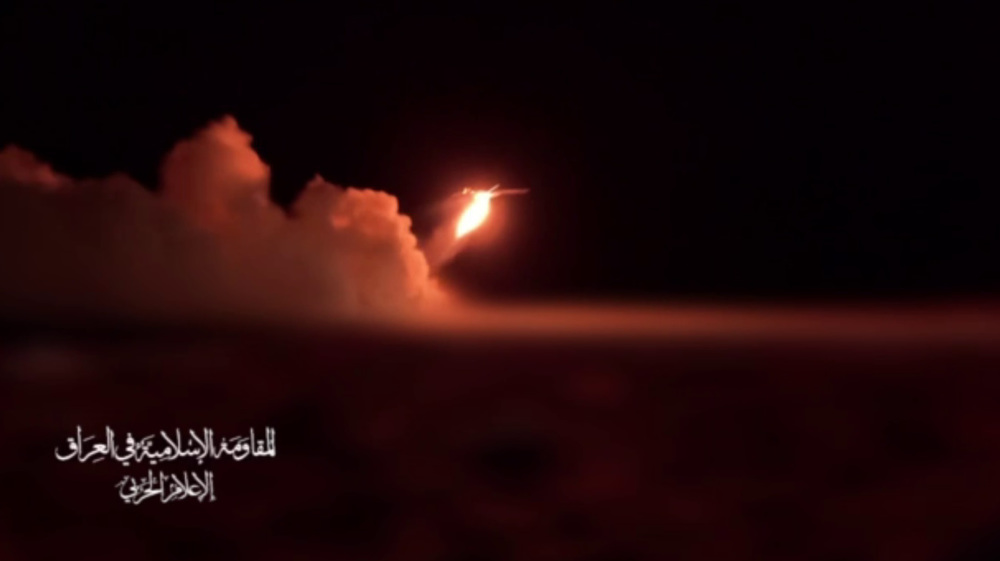

 This makes it easy to access the Press TV website
This makes it easy to access the Press TV website